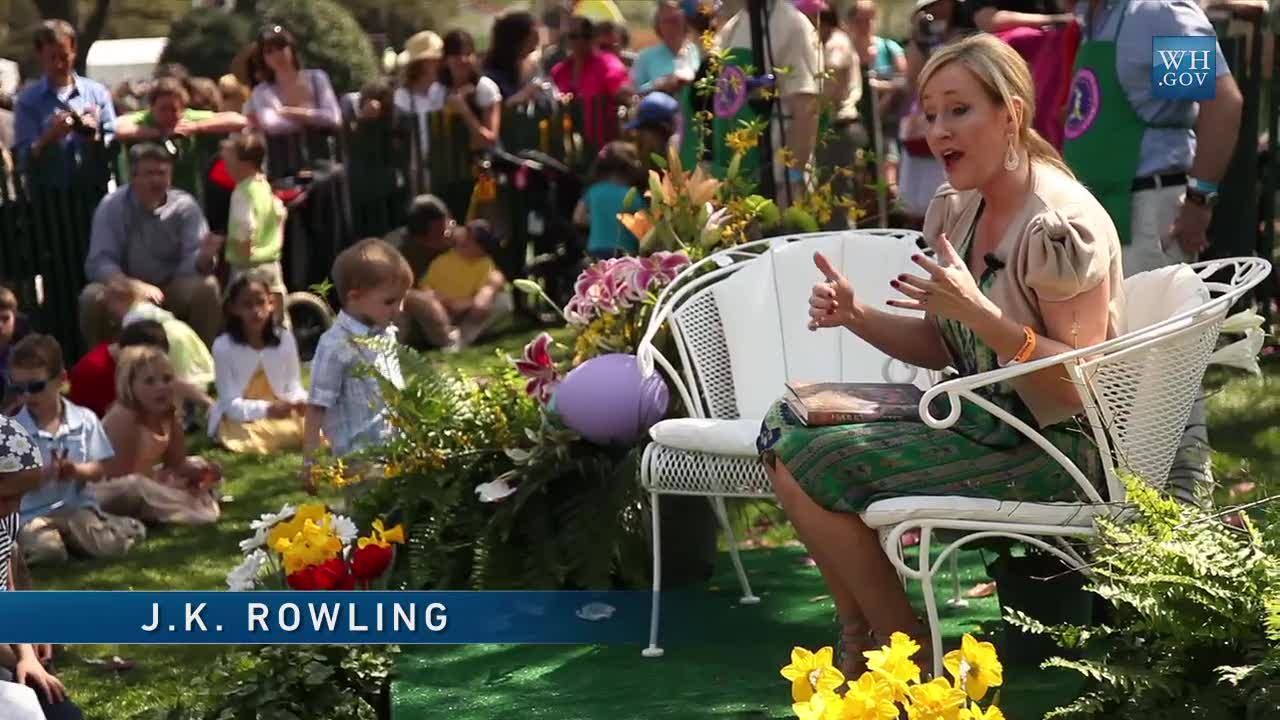Views expressed in opinion columns are the author’s own.
Hogwarts is back to welcome us home. On Nov. 16, The Crimes of Grindelwald — the second installment in the Fantastic Beasts and Where to Find Them series — will be released.
I’m not going to lie — I was really excited for this movie. I’ve grown up with the Harry Potter franchise and not-so-secretly love it. However, I’ve found that rather than reintroducing the magic, this new series and new movie in particular have just been disappointing. Basically, the new saga is both problematic and unnecessary. Crimes of Grindelwald’s interaction with minority representation and alleged abuse has soured the enchantment, not to mention that its reuse of classic Harry Potter elements seems more like an audience-pleaser than anything relevant.
Harry Potter has always been overwhelmingly white, heterosexual, cisgender, Christian and male, a fact that J.K. Rowling has tried to rectify with a continuous stream of “revelations” that show the series as a more representative work than it is in both the books and movies. Despite Rowling’s retroactive dedication to representation, the new Fantastic Beasts series has not made much effort to reflect it.
As far as we know, there are only three people of color with somewhat significant roles in the series. The president of the United States wizarding community is played by Carmen Ejogo, which is wonderful right up until you realize that her main moment onscreen involves trying to murder a child. Leta Lestrange, who has been teased as Newt Scamander’s previous love interest, is played by Zoë Kravitz. However, trailers and director David Yates have implied that Leta is deeply troubled and potentially dangerous, not to mention that she is a part of the psychopathic Lestrange family.
One of the most controversial castings of the film has been Claudia Kim, a South Korean actress who turns into Nagini, Voldemort’s right-hand snake and Horcrux. While Nagini was previously just a classic villain’s creepy pet, the fact that she was once human tells us that Voldemort enslaved and/or recruited a woman of color to do his bidding and host his soul.
Despite Kim’s defense of her role and Rowling’s justification of the plotline with newly revealed lore, Nagini and the concept of the Naga — “snake-like mythical creatures of Indonesian mythology,” according to Rowling — only perpetuates stereotypes associating East Asian women with snakes and dragon-like creatures. It’s time to move beyond limiting people of color into racist tropes and expecting audiences of colors to be grateful for the attention.
In addition to the issues the film has with racial representation, there is also the problem of limited queer presence. Though Rowling revealed that Dumbledore was gay almost immediately after the conclusion of the book series, filmmakers have said that Dumbledore’s love for Grindelwald will be implied and subtle rather than overtly stated, which is a status awarded to all of the heterosexual relationships in the Harry Potter and related franchises.
So let’s recap. Three people of color who appear for more than a few seconds and one queer character, and all of them have been written with character issues, portrayed as antagonists or affiliated with villains. Also, even though the films take place in the 1920s, people of color and people of queer identities were invented well before then, so the meager representation we’re getting can only be described as unacceptable at best.
All of this, and we still haven’t gotten to the fact that Yates and Rowling supported and justified their decision to continue with the casting of Johnny Depp as Grindelwald despite the accusations of abuse that were brought up against him in 2016. Personally, I don’t believe in paying potential abusers millions of dollars, so Depp’s casting was the first of many deal breakers for this movie.
Basically, the movie’s multitude of problematic points outweighs my love for Harry Potter and the wizarding world. Though I may want to see the film one day, spending money to see it in theaters is out of the question. Ultimately, the Fantastic Beasts series has been more troubling than exciting. While the wizarding world is incredibly exciting, it should have ended with “all was well.”
Jasmine Baten is a junior English major. She can be reached at jasminebaten137@gmail.com.



